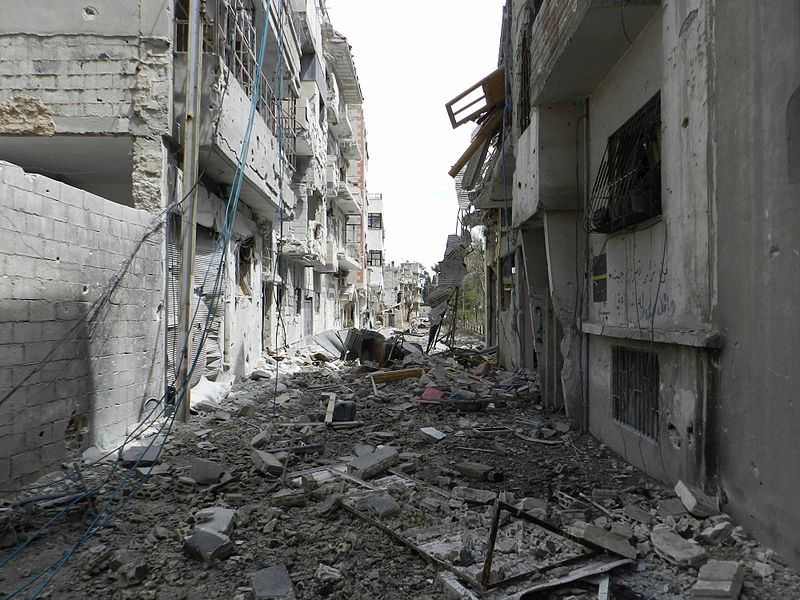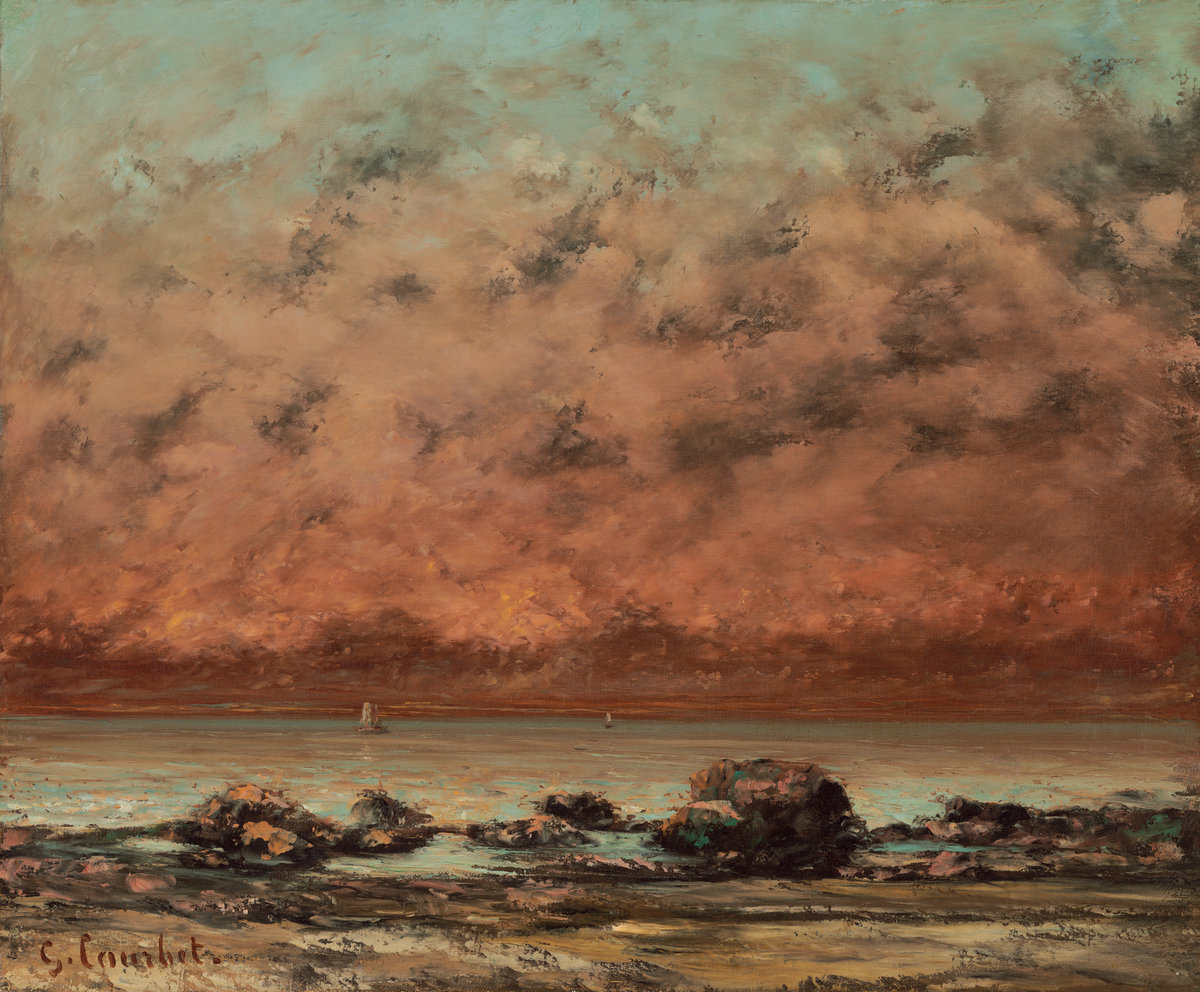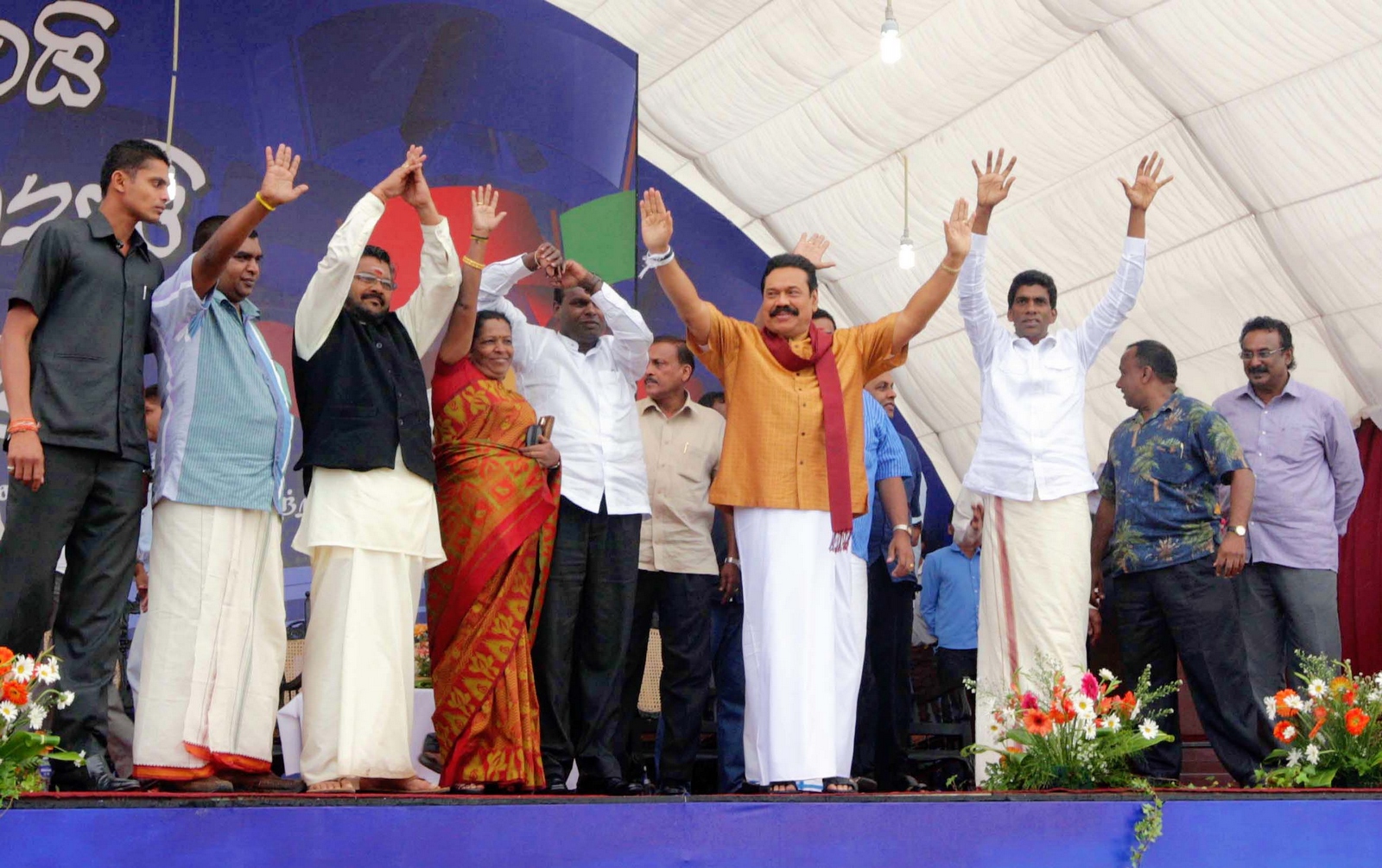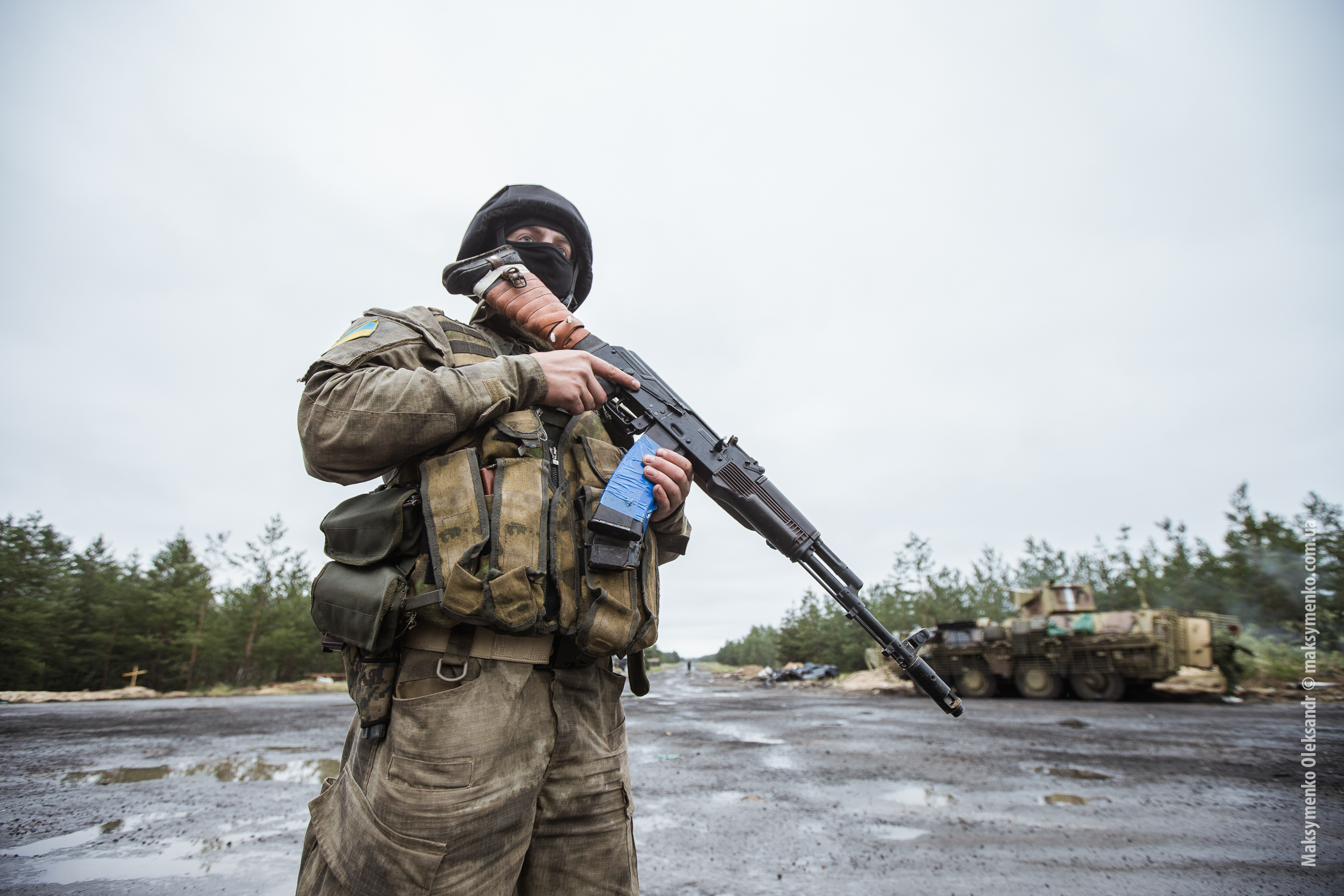
Last week I posed two questions, asking why al Qaeda has enjoyed such success in countries experiencing civil war and why more moderate groups are less able to organize and thrive in the competitive marketplace of opposition groups. The responses I received were universally excellent. I’m going to try to weave them into a somewhat respectable answer.
Whether a rebel faction thrives during civil war is likely to depend on at least three factors: popular support, financing, and organizational ability. No faction can survive for long if it isn’t able to attract and maintain a degree of popular support. This can be done through inducements, ideology, credible commitments to changing the status quo, or coercion. As both Grant Gould and Ardeshir pointed out, radical Islamist groups tend to outperform their more moderate peers at both providing public goods (security/justice/social welfare) and in credibly committing to real change once the war is over. A group that is willing to prove itself disciplined, committed, and helpful to the population is likely to attract support.
But gaining popular support is likely not enough to guarantee success, especially in a long war of attrition. A faction’s ability to obtain stable financing will play an additional role in its success or failure. Here Islamist groups are also likely to have an advantage. As Mitch pointed out, groups like Al Nusra have a pre-existing source of financing from well-established global jihadist networks as well as from connections in wealthy countries such as Saudi Arabia and Qatar. This is not the case for Syria’s array of non-Islamist, liberal, or secular groups.
Finally, organizational ability matters. Any faction that has been forced to operate underground for decades and survived has had years to gain organizational skills, nurture effective leaders, and learn how to survive in a hostile environment. This experience is not only likely to create more disciplined and better fighters, but also an organizational network and culture that will thrive as soon as the state collapses. The less organized, less experienced, less cohesive non-Islamist rebel groups will be scrambling to catch up.
What about the second question I posed, about moderates and their inability to compete during civil wars? The above analysis partly answers this question. But a response by Allison Hodgkins, an Assistant Professor of International Security and Conflict Management at the American University in Cairo, deserves to be quoted at length:
“Well the first answer to this part of the puzzler is a follow up question, which ones? Those who initially led the protests? The Free Syrian Army(ies)? The Syrian Liberation Front, the Syrian Liberation Army, the Syrian Islamist Front, the National Salvation Front? Splitters!! See here.
It looks to me that the non-Islamist rebel groups are largely localized factions which are at times cobbled into the umbrella of expatriate opposition groups – themselves often bifurcated. And while this is a description not analysis, it is key as it is a dynamic seen across the Middle East. During the 70s and 80s, [during] which Islamist were a foil to radical nationalist and Marxist ideologies, a lot of the secular opposition were killed, pushed into exile or co-opted. That means that those who remain either have a stake in the regime and something to lose or have limited voice and organization. Those outside are out-of-touch and equally divided. And what’s their message? They have too many, and most are esoteric and disconnected from the norms and needs of the masses, and therefore easy to discredit.
This is what is plaguing Egypt, Tunisia, Jordan and Palestine. The liberals can’t get themselves together and have lost the field to the better organized, networked Islamist groups who speak the language and address the needs of the average man. Yes, the language of Islam is helpful and has resonance, but its the organizational wherewithal that matters.”
All of this suggests that as long as Al Nusra avoids an alienating degree of violence towards civilians and continues to obtain steady financing from wealthy Islamist sources, its organizational capacity will put it at a great advantage over more liberal factions, who will continue to lose ground.






2 comments